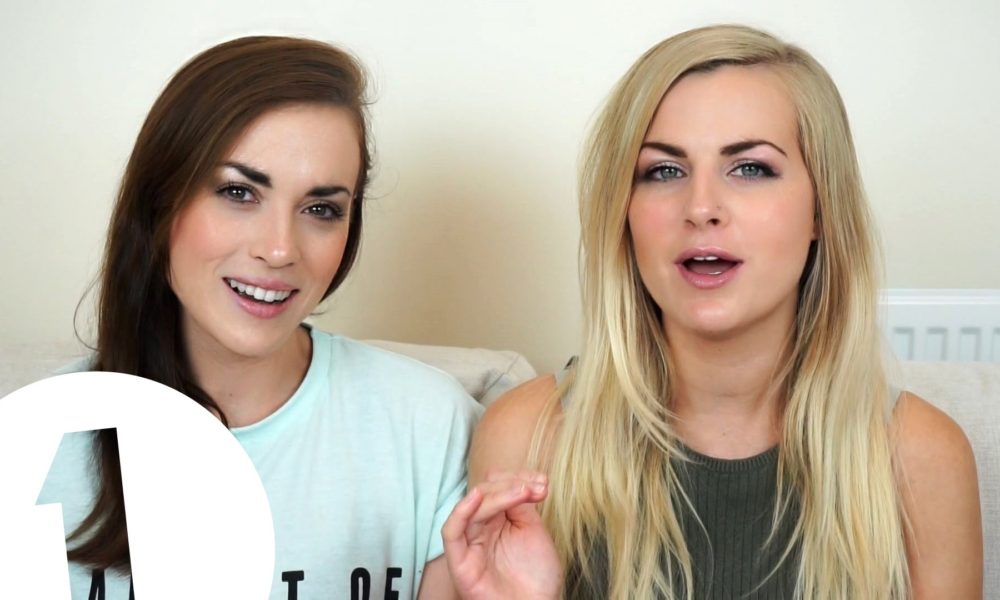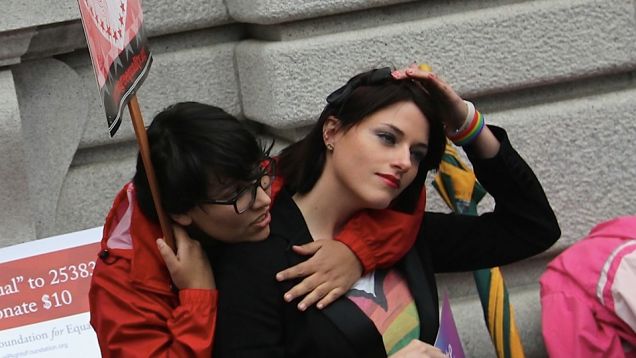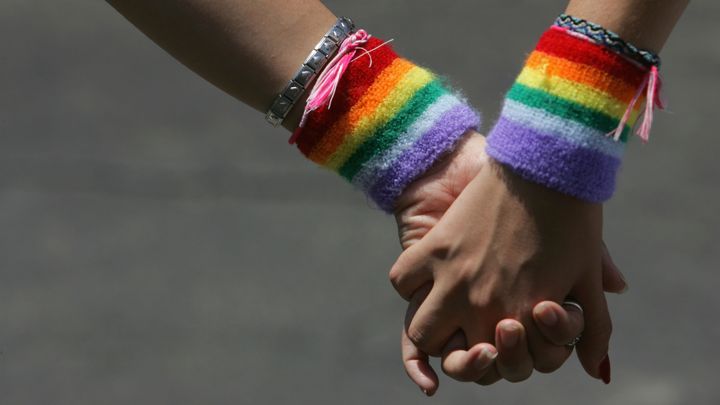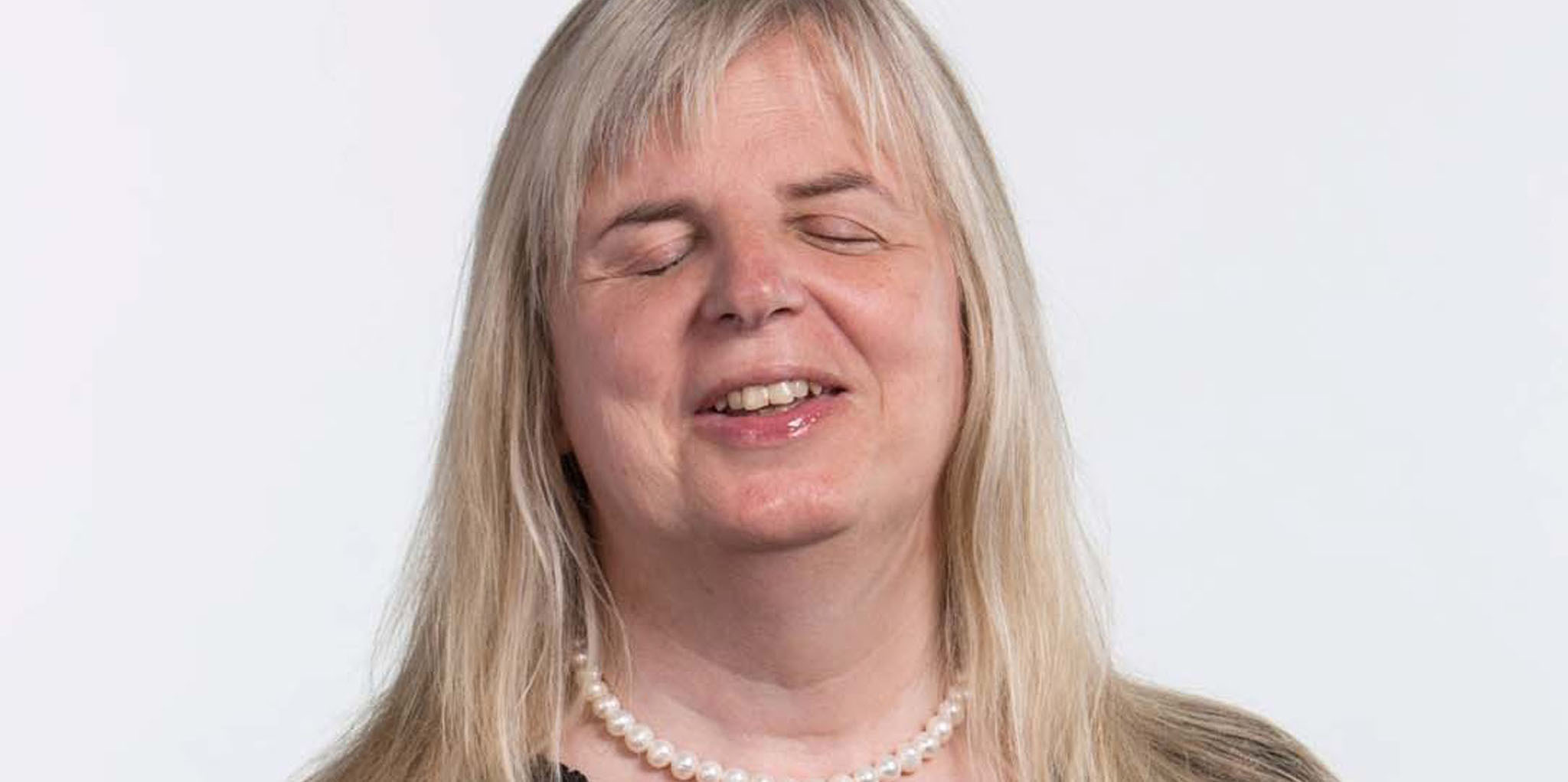Things have changed massively in the past 14 years for the United Kingdom’s LGBT citizens. For example, same gender marriage is now legal in both England and Scotland and there are several anti-discrimination acts in place to protect LGBT people, whilst people are now able to legally change their gender on official documents and sex reassignment surgery can now be done via the NHS.
Yet despite these big moves, there is still much work to be done, particularly in terms of trans rights. To get a Gender Recognition Certificate not only do you have to have transitioned two years before applying, but you also have provide ‘supporting evidence’ for you GRC case, essentially forcing people into convincing the government about their identity.
There are also a great deal of misconceptions and intolerant opinions surrounding trans people. Looking to change those and champion trans rights in the process is Emily Brothers, a parliamentary candidate for labour who has just come out as trans.
Coming out in an interview with PinkNews, Brothers told the publication that,
“I don’t want to be somebody who has notoriety as having a transgender background, but I also believe it’s an experience that has value to it, that I can be a positive role model. For a lot of people of a transgender experience that can be very challenging but for me, it was absolutely the right thing to do. I am happy and content as a woman, and also as a gay woman.
There is vast under-representation of disabled people and people with transgender experience in public life, and there is of course vast under-representation of women in parliament, and that needs to change.”
As a politician, trans rights, disability rights and the NHS will be three of her main focus areas as not only is she both trans and disabled but she spent many years in hospitals as a child because of her condition (she lost her sight to glaucoma as a child) and understands the important and the need for free public healthcare.
With Brothers now standing for parliament in Sutton and Cheam, a successful campaign will undoubtedly bring much needed diversity and a fresh way of thinking to Westminster. And with Labour leader Ed Miliband tweeting his support, saying that he is both “proud” of Brothers and noting that she has an “important voice” in Labour’s movement, it seems that she could bring real, significant change to UK politics.




